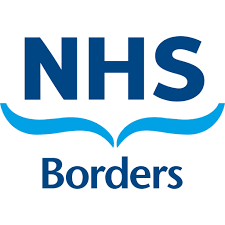Nasogastric (NG) Starter Regime in Adult Patients

Warning
Starter Regimen for the Initiation of Nasogastric (NG) feeding in Adult Patients
Prior to commencing feeding
- ensure that there is an appropriate treatment plan documented in the patient’s medical notes which includes rationale, aims and patient’s/family wishes in relation to enteral feeding
- refer to the acute dietetic team on ext 26450. Give patient’s name, CHI, ward and reason for NG feeding
- pass NG tube and ensure correct position of tube is confirmed once consent gained or AWI form completed
Consider whether there is a risk of refeeding syndrome (see table below). If ‘high risk’ of refeeding syndrome:
- Medical staff to check refeeding bloods (U&E’s phosphate and magnesium) before commencing NG starter regimen
- if electrolytes low, medical staff to supplement as per ‘Electrolyte Deficiency Guidance’ which is available on the Intranet under Clinical Policies
- prescribe Thiamine100mg x 3 daily immediately prior to commencing feeding and for 10 days after the start of feeding. Also prescribe a daily multivitamin for 10 days following the start of feeding.
Table 1: Criteria for determining people at high risk of developing refeeding problems. (NICE 2006,2017)

Start feeding as per Table 2 (unless the patient has a documented allergy to fish, soya or cow's milk protein). Ensure upright positioning at greater than 45˚ angle when feeding and for 1 hour after feeding.
Table 2: Starter feed regimen

Day 2 Feed regimen provides 1030kcal + 40g protein + 830ml free water.
Continue feed as per Step 2 until dietetic assessment.
Documentation
- document initiation of feeding including rate in unitary patient record
- record feed volume and flush volume on Enteral Feed Record Sheet
Monitoring of NG feeding:
- Medical staff to continue to monitor biochemistry daily until stable and correct as required
- monitor feed tolerance, if any concerns stop feeding and request medical review
- assess fluid requirements and arrange additional fluids via other route as needed
- if patient is on insulin, medical team to review insulin doses. For all patients with diabetes please monitor blood sugars regularly (see intranet for Glycemic control during enteral feeding document which is found within Diabetes inpatients on the Diabetes and Endocrinology intranet site)